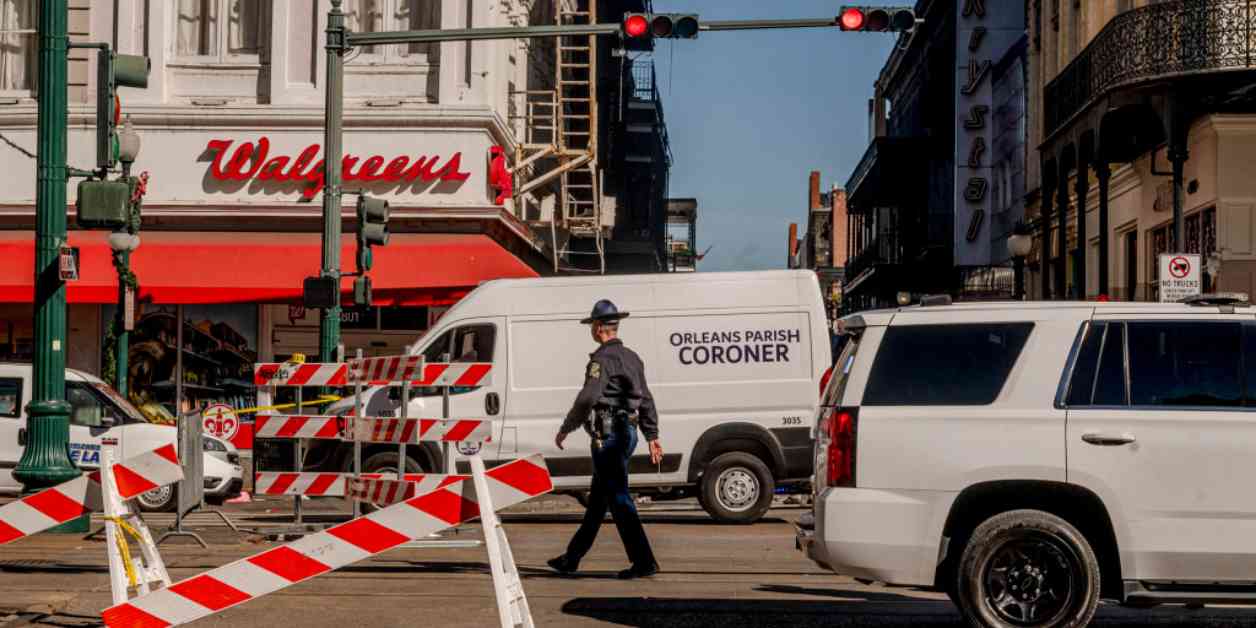Online Extremism and Political Polarization: A Growing Threat in America
In New Orleans, a recent ISIS-inspired attack has once again brought to light the dangers posed by online extremism and political divisions in the United States. The incident underscores how the convergence of these factors has created what experts describe as “a perfect storm” for radicalization, making it increasingly challenging for law enforcement to track and prevent such threats.
An Expert’s Perspective: Understanding the Landscape of Extremism
Seamus Hughes, a senior researcher and policy associate at the National Counterterrorism Innovation, Technology, and Education Center at the University of Nebraska Omaha, highlights the complexity and diversity of the current threat landscape. He emphasizes that law enforcement is facing a challenge like never before, with extremist communities becoming more accessible online, the threat level escalating, and the ideologies behind attacks becoming more fragmented.
Radicalization and Violent Extremism: A Psychological Insight
John Horgan, a psychologist and director of the Violent Extremism Research Group at Georgia State University, sheds light on the process of radicalization and the factors that drive individuals towards violence. He emphasizes that radicalization itself is not the core issue but rather the mobilization towards violence. Horgan notes that individuals often cherry-pick ideologies to justify their actions, seeking validation for decisions they have already made.
The Case of Shamsud-Din Jabbar: Unraveling the Motives
Shamsud-Din Jabbar, the perpetrator of the New Orleans attack, presents a profile that experts recognize as fitting the pattern of radicalization seen in veterans. Facing personal challenges such as divorce, financial struggles, and job loss, Jabbar’s descent into extremism mirrors the experiences of many individuals who turn to violence in the name of a cause. His radicalization to ISIS ideology, as evidenced by online videos, aligns with the broader trend of lone actors inspired by extremist beliefs carrying out attacks on U.S. soil.
In conclusion, the rise of online extremism and political polarization poses a significant threat to national security, highlighting the need for proactive measures to address radicalization and prevent violent acts. As experts continue to analyze the motives and patterns behind such attacks, law enforcement agencies and policymakers face the ongoing challenge of navigating a complex and evolving landscape of extremism in America.


